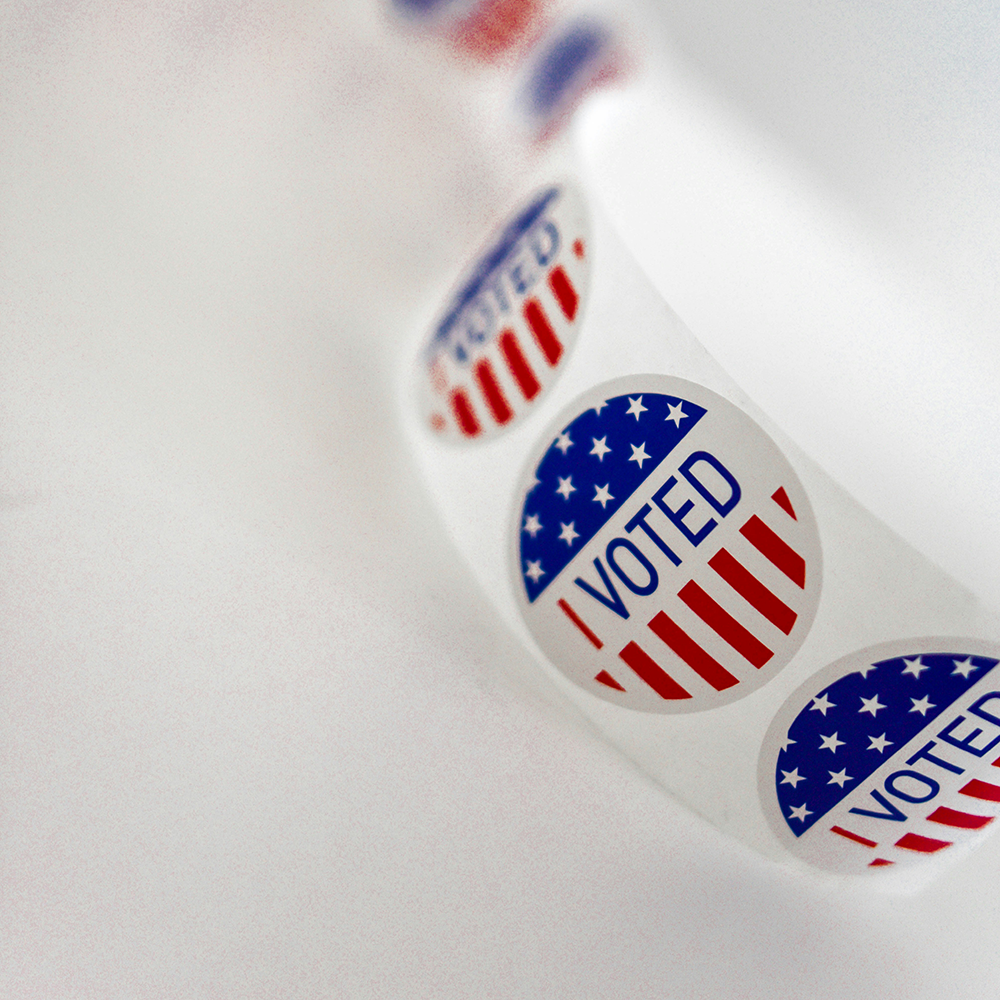Each presidential election year brings plenty of rhetoric over which candidate will be most beneficial for the American people. Each candidate promises that their administration’s policies will help the economy, and usually warns that their opponent’s plans will hinder it.
These policy disagreements have become more contentious in recent decades as political polarization has become more pronounced. Thankfully, there’s still one place where presidential elections remain decidedly nonpartisan: the stock market.
Election years can sometimes bring some degree of uncertainty to the markets. But with the global reach of the stock market, and the numerous large-scale factors that influence it, the decision about who will be the next occupant of the White House has a rather minimal impact.
Key influences on market performance
Investor sentiment is largely driven by major economic indicators. When these indicators are strong, it drives better market performance; when they are weaker, it leads to market declines or diminished returns. In the United States, market swings tend to happen with the release of updated information on the following:
- Gross domestic product: Measures the value of goods produced in the nation, with a healthy figure indicating a strong economy.
- Inflation: Assesses price changes over time, which will affect the ability of people and businesses to purchase goods and invest.
- Interest rates: Determine how costly it is to borrow money, which in turn can boost or slow economic activity.
- The job market: Provides an ongoing look at job growth and the unemployment rate, thus providing a snapshot of economic health.
Similar factors can affect the value of individual assets traded on major stock exchanges. A company’s value will change based on its earnings reports as well as the overall health of the sector in which it operates. News about the company can also impact investor sentiment; positive developments such as its acquisition by another business can drive its stock up, while negative developments like the announcement of layoffs or product recalls can diminish its value.
Other large-scale developments can affect the value of individual assets, sectors, or the market as a whole. These include wars, trade disputes, and natural disasters, all of which can cause significant disruptions to markets, supply chains, and economic growth.
The limited effect of elections
If we consider the circumstances in play during the presidential elections in the United States in the 21st century, we can see why the races had little impact on overall economic trends.
The election of 2000 took place against the backdrop of the dot-com bust and a slowing economy, which were major contributors to market declines. The election of 2008 took place amid the worsening conditions of the Great Recession, which also saw severe market losses. The elections in 2004, 2012, 2016, and 2020 occurred during market gains as a result of growing or stable economies (with an added boost in 2020 as the development of the COVID-19 vaccines heralded a return to normalcy after the pandemic).
Some of the main reasons presidential elections have a more muted impact on the markets include:
- The long campaign season: Presidential campaigns have been starting earlier — a full two years before Election Day in 2024. This means investors are less likely to take any anticipatory actions based on election expectations.
- Uncertainty over the results: From the nail-biter of the 2000 contest through the present day, elections have been tight races. Investors are much more likely to hold off on any actions until there is greater certainty about the outcome.
- Down-ballot considerations: The race is never just about the White House; elections will also shape control of Congress. If the legislative branch is controlled by a different party than the executive branch, it limits the likelihood of more substantial changes in government policy that might have a significant impact on the market.
- Campaigns vs. results: Presidential candidates make plenty of promises about what they hope to accomplish in the White House, but aren’t always able to fulfill their goals. Political gridlock, compromised deals, and other factors can lead to more moderate policies that have a smaller effect on the market.
Conclusion
The leadup to Election Day can sometimes lead to a more volatile period in the stock market, as investors react with greater caution or uncertainty about what the result might mean for the economy. Once a winner is selected, it might result in a modest market fluctuation based on what investors think the economy will be like under the new or continuing President, or how certain sectors might perform. However, any such effects in recent elections have been short-lived, with investors soon refocusing on macroeconomic factors.
Investors will have expectations of how the next administration might affect the overall economy through policies on corporate tax rates, trade policies, government spending, regulatory environments, and so on. However, the market is unlikely to react significantly until such policies are actually implemented.
